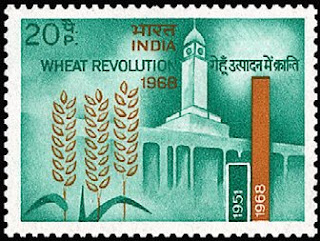M. Karunanidhi (1924–2018) was a prominent Indian politician and statesman who played a significant role in Tamil Nadu's political landscape for several decades. Born on June 3, 1924, in Thirukkuvalai, Tamil Nadu, he emerged as a towering figure in regional politics and left a lasting impact on both the state and national levels.
Karunanidhi was a multifaceted personality, known for his contributions as a writer, playwright, and film scriptwriter in addition to his political career. He was a prolific writer in the Tamil language, and his literary prowess earned him the affectionate title of "Kalaignar," which means "artist" in Tamil.
His political journey began at a young age when he joined the Dravidian movement, which sought to promote the interests of the Tamil-speaking population and champion social justice. He played a crucial role in the growth and transformation of the Dravida Munnetra Kazhagam (DMK) party, which became one of the dominant political forces in Tamil Nadu.
Karunanidhi served as the Chief Minister of Tamil Nadu for several terms, making him one of the longest-serving chief ministers in India. His leadership was marked by various policy initiatives aimed at improving education, healthcare, and social welfare in the state. He was also known for his efforts to promote Tamil culture and language.
Throughout his political career, Karunanidhi was a key advocate for federalism, state autonomy, and linguistic rights. He was an influential figure on the national stage and played a significant role in shaping India's political discourse.
Beyond his political contributions, M. Karunanidhi was a renowned playwright and scriptwriter. His literary works included plays, screenplays, and poems that reflected his social and political beliefs. His ability to communicate complex ideas through his writing made him a beloved figure among both his political supporters and the general public.
M. Karunanidhi passed away on August 7, 2018, leaving behind a legacy of political activism, cultural contributions, and dedication to the welfare of his state and its people. His impact on Tamil Nadu's politics and society continues to be felt, and he remains a respected and revered figure in Indian history.



